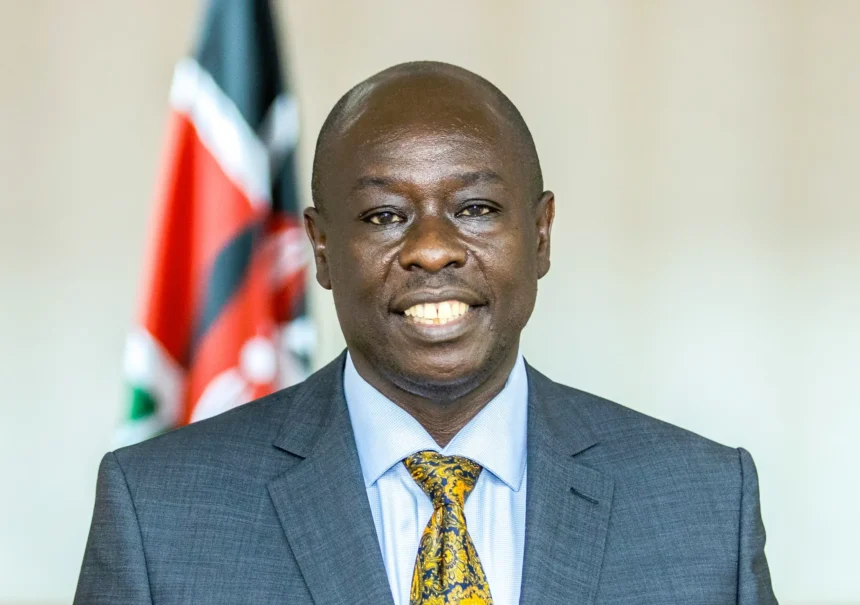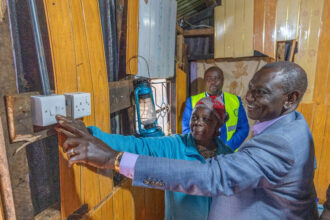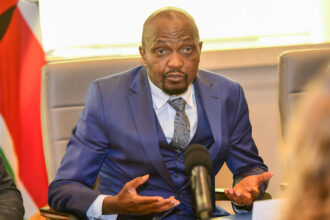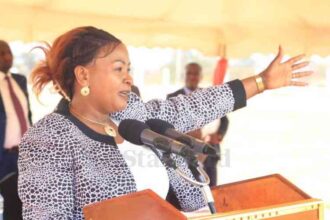The political landscape in Kenya is set for a significant shift as the impeachment motion against Deputy President Rigathi Gachagua gains traction in Parliament.
Insiders confirm that the motion is fully drafted and ready for presentation. A growing list of charges could lead to Gachagua’s removal from office.
Charges Against Gachagua
The impeachment motion outlines serious allegations against Gachagua, including:
- Constitutional Violations: He allegedly breached several articles of the Kenyan Constitution related to state officers’ conduct.
- Gross Misconduct: Claims suggest he engaged in behavior that undermines the integrity of his office.
- Abuse of Office: Allegations indicate he misused his position for personal or political gain.
- Divisive Politics: His remarks about the Mt. Kenya region’s privileged status in the Kenya Kwanza government promote division among Kenyans.
- Undermining Collective Responsibility: He is accused of failing to uphold Cabinet decisions.
- Violating the Official Secrets Act: Concerns arise over his handling of sensitive national security information.
These charges reflect a broader dissatisfaction among MPs regarding Gachagua’s leadership style and public statements, which some see as alienating various regions.
Political Dynamics
The push for impeachment is gaining momentum, with over 116 MPs reportedly signing in support.
National Assembly Deputy Majority Leader Owen Baya states that signature collection continues and emphasizes a strong case against Gachagua.
Notably, some MPs who previously supported him are distancing themselves.
This potential impeachment could significantly alter power dynamics within the Kenya Kwanza alliance.
If successful, it may weaken the influence of the Mt. Kenya bloc and challenge President William Ruto’s authority ahead of the 2027 elections.
Observers note that this situation could expose underlying fractures within the ruling coalition.
Next Steps
For the impeachment motion to proceed, it requires support from at least one-third of National Assembly members (117 MPs).
Once introduced, it must secure a two-thirds majority (233 votes) to pass through Parliament before moving to the Senate.
The Senate can then appoint a special committee to investigate the allegations and vote on whether to uphold them.
As tensions rise, Gachagua’s allies are mobilizing in response to this threat. They are holding closed-door meetings to strategize on countering the impeachment efforts.
Gachagua has warned against “the politics of betrayal,” indicating potential fallout for those involved in his ouster.

















